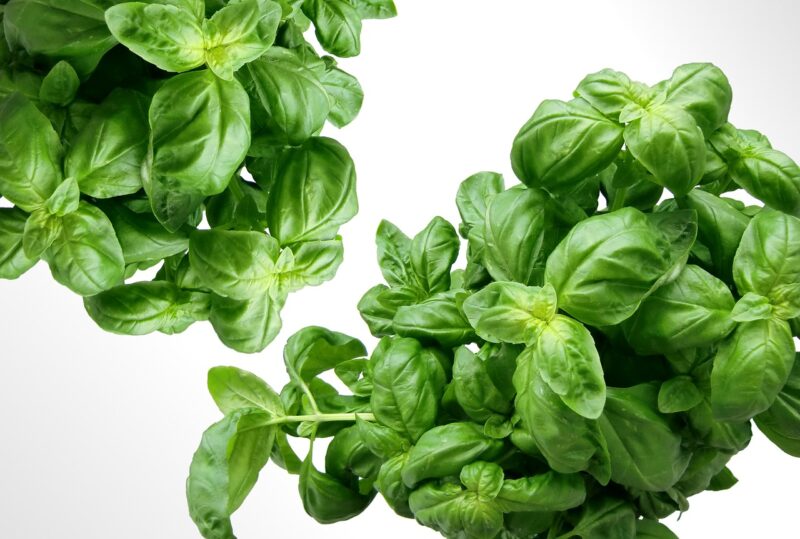Why Certain Smells Evoke Powerful Memories: The Science Behind Scent
November 16, 2024

The connection between scent and memory is both profound and fascinating. Imagine stepping into a kitchen filled with the sweet aroma of freshly baked cookies. Instantly, you’re transported back to your grandmother’s house, where you spent countless afternoons savoring her homemade treats. This powerful phenomenon, often referred to as olfactory nostalgia, underlines the intrinsic link between our sense of smell and the memories that shape our lives. Each whiff of a particular scent can evoke emotions and recollections that flood our minds, often with incredible clarity.
1. The Science of Smell and Memory
The human sense of smell is different from the other senses in several key ways. Unlike sight or sound, olfactory signals are processed in a unique pathway in the brain that closely intertwines with areas responsible for emotion and memory.
When we encounter a scent, molecules enter our nostrils and bind to olfactory receptors. These receptors send signals directly to the olfactory bulb, a structure located in the frontal lobe of the brain. From there, the signals are relayed to various parts of the brain, including the hippocampus, which plays a critical role in forming and retrieving memories, and the amygdala, which is crucial for processing emotions.
Because the olfactory bulb has direct connections to these emotional centers, it’s no wonder that odors can evoke intense emotional responses and vivid memories. Despite being processed faster than visual or auditory stimuli, our sense of smell is often relegated to the background. Here’s why it wields such power:
- Direct Pathways: As mentioned, scents travel along a direct route to memory centers, bypassing the thalamus that other senses must pass through first. This pathway allows smells to trigger memories much more quickly and potently than sights or sounds.
- Unique to Individuals: Our olfactory experiences are deeply personal. A particular smell might bring back memories of a specific holiday or event for one person while stirring up entirely different recollections for someone else. This individuality adds to the emotional weight of smells.
- Sensitive Periods: Research suggests that experiences during certain developmental periods, particularly childhood, shape our associations with smells. For instance, a scent associated with a parent’s perfume may be strongly nostalgic for a child but have no significance to others.
Understanding the mechanics behind our reactions to scent can shed light on why certain aromas linger in our memory, often for decades.
2. The Role of Emotion in Scent Recall
Emotions play a significant role in how memories are formed and retrieved, particularly in relation to scent. The amygdala, the emotional center of the brain, becomes activated during olfactory processing. For this reason, smells that are associated with heightened emotional experiences are often more easily recalled than neutral smells.
The emotional salience of a scent can enhance its memorability. Consider the smell of a campfire: it can elicit feelings of warmth, nostalgia, and connection with friends and family. Conversely, a hospital room may be associated with fear or anxiety, evoking a very different response.
Research illustrates how emotions significantly affect memory. One study found that people recalled more vivid details about an event when they smelled an odor related to that event compared to not smelling anything at all. This phenomenon is particularly intriguing in therapeutic settings, where scents can be harnessed to evoke positive memories and emotions.
3. Exploring Scent Identity and Culture
The way cultures experience scent can vary significantly, and these differences shape our memories. Cultural associations influence how we perceive and react to scents. For instance, the scent of cinnamon might conjure images of holiday baking in Western cultures, while in Eastern cultures, it may evoke entirely different traditions and memories.
Cultures create unique scent identities based on environmental factors, culinary practices, and social customs. Here are a few ways scent interplays with culture and memory:
- Cultural Practices: Certain scents are tied to rituals, festivals, or rites of passage, reinforcing bonds within communities (for example, the floral scents associated with weddings across various cultures).
- Environmental Influences: The natural landscape of a region shapes its aromatic character. Coastal areas might smell heavily of salt and ocean air, while mountainous areas might be characterized by pine and foliage, all creating memory banks tied to specific experiences with nature.
- Tradition and Heritage: Food preparation methods, incense, and other traditional practices can create lasting associations with scent in a specific cultural context. This factor can be particularly noticeable when individuals from immigrant communities carry these scents into their new environments, creating new layers of memory.
These cultural dimensions of scent enhance our understanding of how smells evoke memories, illustrating that our relationship with scent is shaped by both personal and shared experiences.
4. The Impact of Memory Loss and Olfactory Clues
For individuals experiencing memory loss, such as those with Alzheimer’s disease or other cognitive impairments, the link between scent and memory becomes even more poignant. Research suggests that engaging the sense of smell can help stimulate memory recall in these individuals. For example, familiar scents can evoke previously inaccessible memories, sparking recognition and emotional connection.
One study revealed that participants exposed to scents familiar from their past showed improved recall abilities, suggesting that olfactory cues could serve as effective tools for reminiscence therapy. This therapeutic approach is becoming increasingly popular in care settings, where caregivers use scents to evoke positive memories in patients with memory impairments.
Moreover, scents can promote emotional well-being and relaxation, ultimately improving quality of life. By tapping into the power of scent, caregivers can help individuals reconnect with cherished memories, facilitating communication and emotional expression.
5. Practical Applications of Scent-Memory Associations
Considering the profound impact that smell has on memory, various practical applications can be harnessed in everyday life. Here are some practical uses of scent-memory associations:
- Scented Candles and Diffusers: Individuals can create atmospheres that evoke specific memories, enhancing their personal environments.
- Memory Preservation: Keeping items associated with certain scents, like a piece of clothing or a perfume bottle, can help maintain connections to cherished memories.
- Therapeutic Use: As discussed, scents can help unlock memories for individuals with memory loss, providing a valuable tool in cognitive therapy.
By consciously engaging with scents and their emotional significance, we can enhance our experiences, invoke memories, and potentially improve our mental well-being.
Conclusion
The interrelationship between scent and memory is a remarkable aspect of human experience. Understanding the science behind this connection can provide insight into our emotional lives and how our past continues to shape our present.
By leveraging the power of scent, we can create cherished experiences, reconnect with significant memories, and access emotional states that promote well-being and positivity. Through the continual exploration of olfactory memory, we can unlock deeper layers of understanding about ourselves and the memories that define us.







